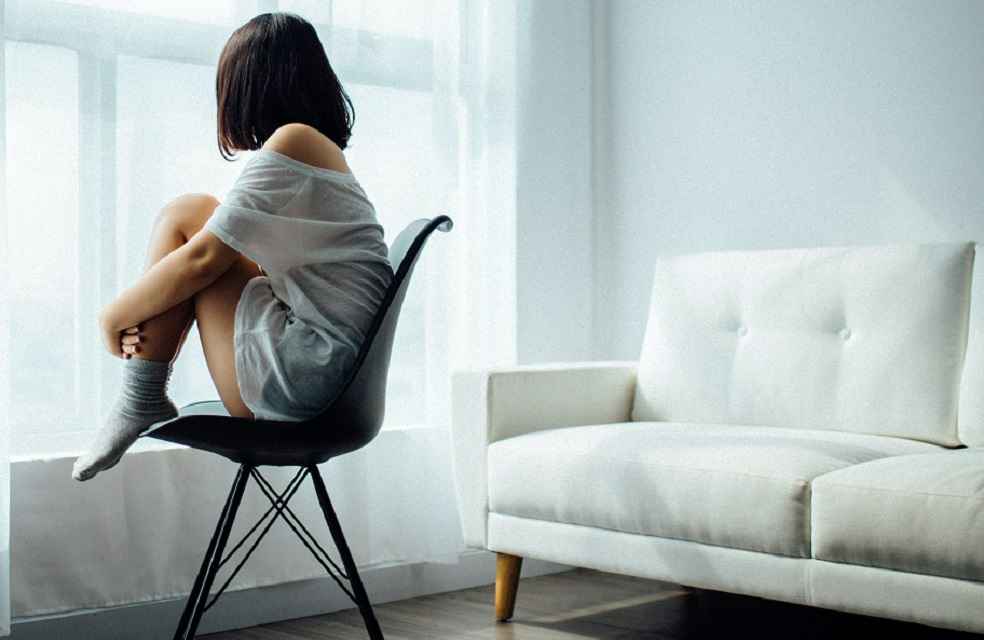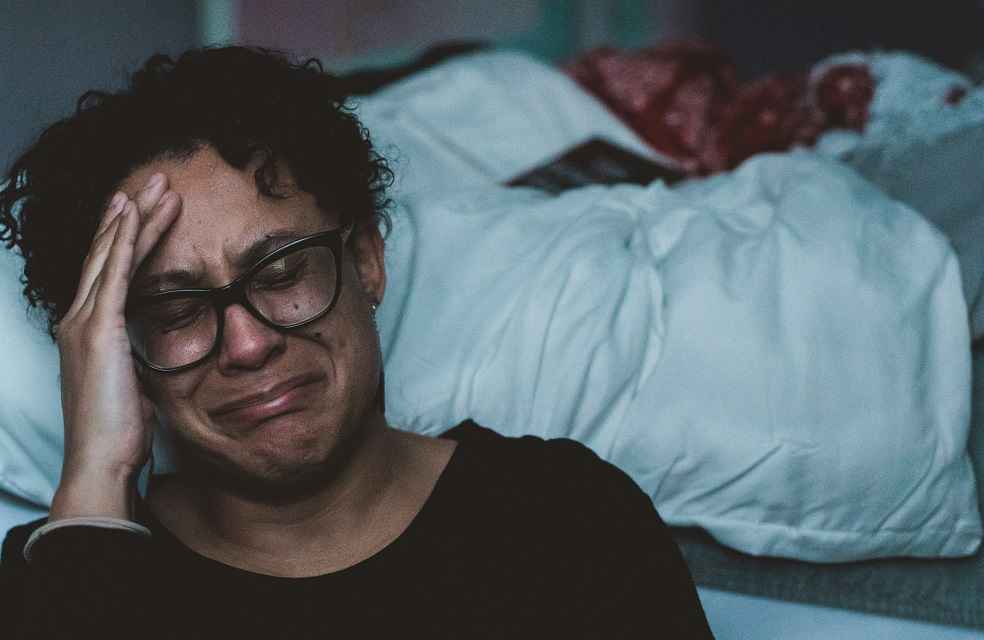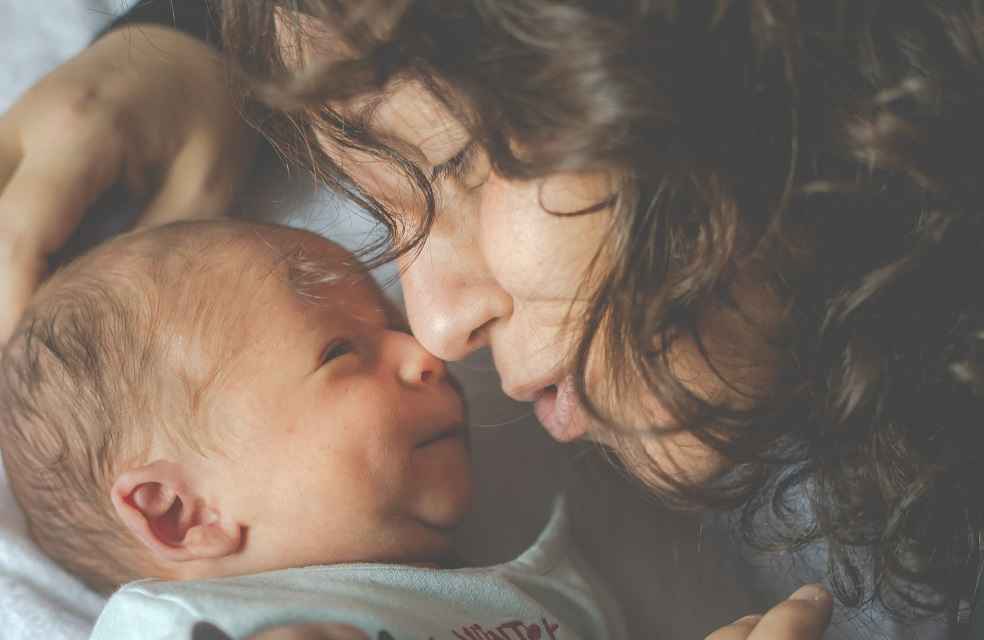Your emotional state can be affected by the illness of depression. You might experience grief and a sense of detachment as a result. A depressed state of mind is a common response to loss, change, difficulties in life, or low self-esteem.
DEPRESSION AMID PREGNANCY
Pregnant women are almost as likely to experience depression as non-pregnant ones. You can develop this illness at any moment, including while pregnant.
During pregnancy your body goes through a lot of changes, and pregnancy’s stressors can make some women depressed. Not everyone who is pregnant experiences depression.

If you’ve ever struggled with depression, your symptoms can come back, or if you had depression before becoming pregnant, it might get worse after you become pregnant.
Depression during pregnancy should be discussed with your doctor because it may persist after birth. Postpartum depression is more likely to occur in pregnant women who suffer depression (depression after the baby is born).
Changes in sleep, energy level, appetite, and libido are a few depression symptoms that resemble pregnancy symptoms. As a result, rather than depression, you or your doctor may blame these symptoms on being pregnant.
Depression during pregnancy can have a variety of negative effects on a mother’s health. You can be impacted by pregnancy-related depression which may be preventing you from taking care of yourself.

During pregnancy, it’s crucial to look after your personal health. It’s possible for depression to make you disregard such necessities. Being melancholy during pregnancy may make it harder for you to adhere to prescriptions, get enough rest, and consume healthy foods.
Putting you at an increased risk of utilizing dangerous drugs. Among these substances are alcohol, cigarettes, and illicit narcotics. You might take these substances as a result of depression, and they can all have a bad effect on your pregnancy.
PREVENTING YOU FROM DEVELOPING A BOND WITH YOUR INFANT
The tone, rhythm, and stress in your voice can actually be heard by your unborn child while they are in the uterus and can help them understand your emotions. It could be challenging for you to forge this link with your unborn child if you suffer from depression during your pregnancy. You might experience emotional loneliness.

There are actions you may take to make yourself feel better if you are depressed during pregnant. It takes a lot of labor to get ready for a new baby, but never forget that your health comes first. You can try a few things to aid with depression when pregnant.
Fighting the impulse to complete everything, reduce the amount of duties you undertake and focus on relaxing activities, and keep in mind that caring for yourself is an integral part of caring for your unborn kid. Discussing your worries, talk to your partner, family, and friends, you’ll discover that you frequently receive support if you ask for it.
If you try these modifications and your anxiety and sadness don’t get better, ask your doctor for guidance or a recommendation to a mental health expert.



